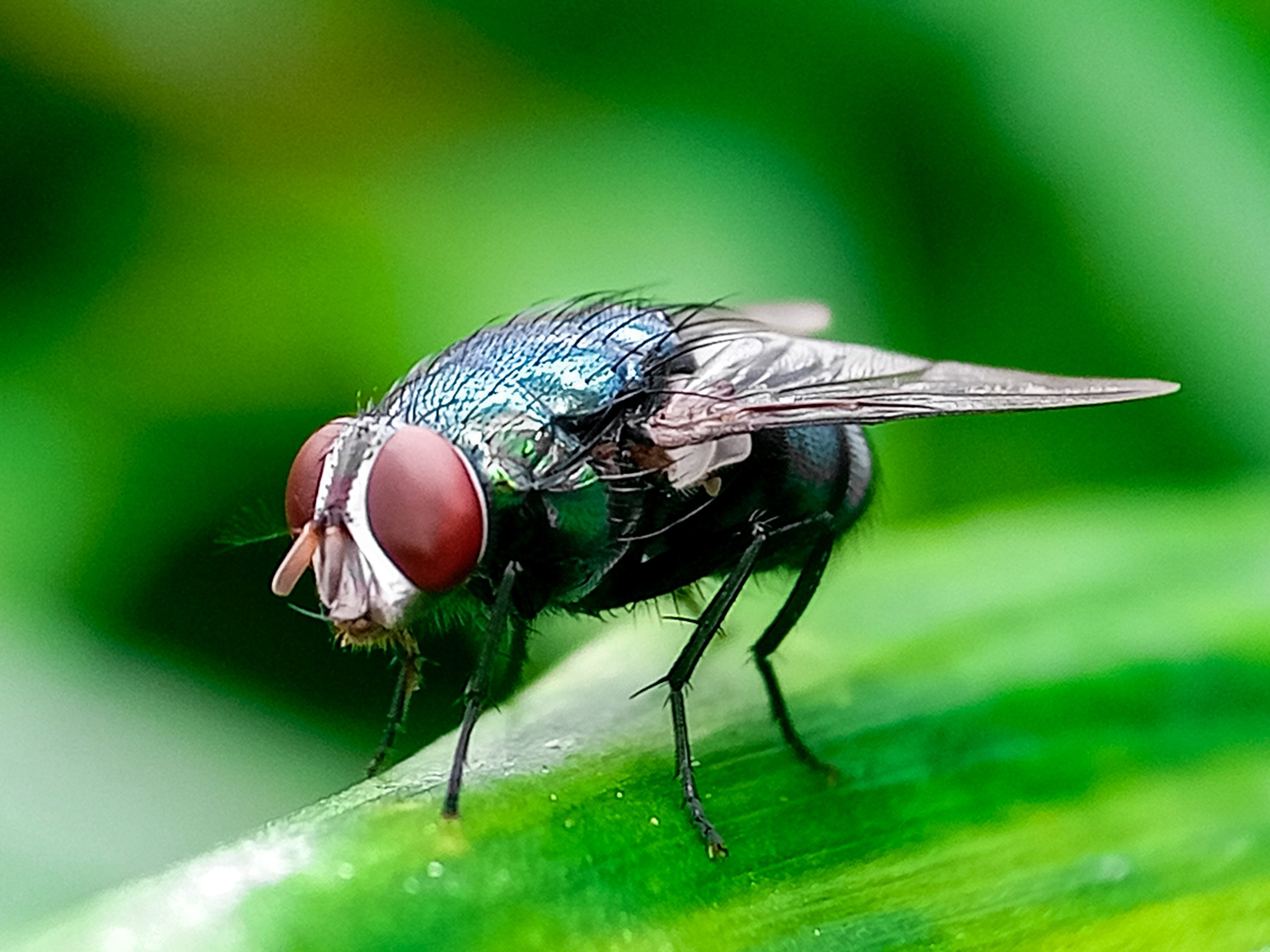BY BEN CARTER, DSC EXECUTIVE DIRECTOR
In a year when the vocal anti-hunting minority was as loud as it was uninformed, the U.S. Fish and Wildlife Service is going against its own proven conservation policies and those of foreign countries in an effort to appease anti hunters at home. The end result is severe crippling of lion conservation efforts in Africa.
On December 21, 2015, a USFWS press release announced the addition of two lion subspecies to the Endangered Species Act (ESA). This politicizing of wildlife conservation and oppressive restrictions on specimen importation will result in a devastating reduction of funds necessary to conserve the species in their home range, causing African lion populations to plummet.
According the USFWS statement, Panthera leo leo, located in India as well as western and central Africa, will be listed as endangered. However, Panthera leo melanochaita, with a population of more than 19,000 and growing thanks to sportsmen-funded conservation efforts, will now be listed as “threatened.” The USFWS service claims unidentified pockets of P. l. melanochaita populations, a subspecies of lion found throughout southern and eastern Africa, remain at risk due to “ongoing threats,” identified as “habitat loss, loss of prey base, and retaliatory killing of lions by a growing human population.” In its release, the USFWS does not list sustainable, lawful hunting as a threat to lion populations. In fact, without lawful, sustainable hunting, the threats faced by these lions will only get worse.
“The Service determined that this subspecies (P. l. melanochaita) is less vulnerable and is not currently in danger of extinction,” the USFWS statement reads. “However, although lion numbers in southern Africa are increasing overall, there are populations that are declining due to ongoing threats. As a result, the Service finds the subspecies meets the definition of a threatened species under the ESA.”
Perhaps the problem is not the people of the USFWS who are doing their jobs and enforcing the law. Maybe the problem is a flawed ESA which denies species in foreign countries classified as “endangered” or “threatened” any opportunity for help from the International Union for Conservation of Nature’s Sustainable Use and Livelihood Specialist Group (IUCN-SULi), the U.S. government or its citizens. Barring help from these groups, creatures like the African lion are doomed. Now, no one and no entity will do anything to help the remaining lions in west Africa and, in time, the last remnants of these populations will be gone.
In addition to adding two subspecies to the ESA, USFWS Director Dan Ashe issued a Director’s Order, which prohibits the importation of P. l. leo specimens except in extreme cases, per the discretion of the agency. In a departure from its own guidelines pertaining to the importation of “threatened” species, Ashe’s Director’s Order will also implement a complicated, expensive and not-yet-defined permitting process for the importation of P. l. melanochaita specimens taken by American hunters. In a videotaped statement released in conjunction with the USFWS’s aforementioned press release, Ashe said, “Doing so will impose strict new permit requirements and largely prohibit importation of these lions into the United States.” In essence, Ashe’s Director’s Order could be the first step in a prohibition against the importation of any lion specimen legally taken by American hunters.
The final lion rule and Director’s Order went into effect on Jan. 22, 2016.
The North American Model of Wildlife Conservation has proven time and time again to be the only way to ensure the survival of species. Sustainable hunting is a cornerstone of this model and it has worked everywhere: the United States, Africa and beyond. It’s a shame for the USFWS to take conservation decisions away from scientists and others working on the front lines and allow politics to infiltrate such important wildlife policy.
The result of these unnecessary prohibitions will bring an end to sustainable lion hunting by sportsmen and women from the United States. American hunters make up the bulk of those willing to travel around the world and pay tens of thousands of dollars to hunt these animals. Without the demand for regulated, sustainable lion hunts from American hunters, the value of these hunts will decrease, meaning countries seeking to keep wildlife-generated revenues at current levels will have to harvest even more lions at a lower cost.
Without the money generated by hunters, there is no way to finance research, conserve animals and habitat or to fight the legions of poachers who fuel the illegal trade of animal parts across Asia. Perhaps the biggest threat to lion populations will come at the hands of locals who will no longer reap the benefits of the money generated by those who travel to Africa to hunt lions. Without this money, their sole sources of income will be farming and raising cattle – both of which run in direct conflict with lions.
In Africa, they have a saying, “If it pays, it stays.” With no financial interest in the conservation of lion populations, locals will resort to systemic shooting and poisoning of lions to protect their property and livestock. Hopefully, the USFWS will reverse this shortsighted decision and renew its commitment to the North American Model of Wildlife Conservation. Only by embracing sound conversation policy and eschewing politics can we ensure African lions will forever be found in their native home ranges and not just in zoos.
This article is featured in the February edition of Camp Talk, DSC’s monthly bulletin distributed to all U.S. members and advertisers. To read other editions of camp talk, please visit the online page here.



